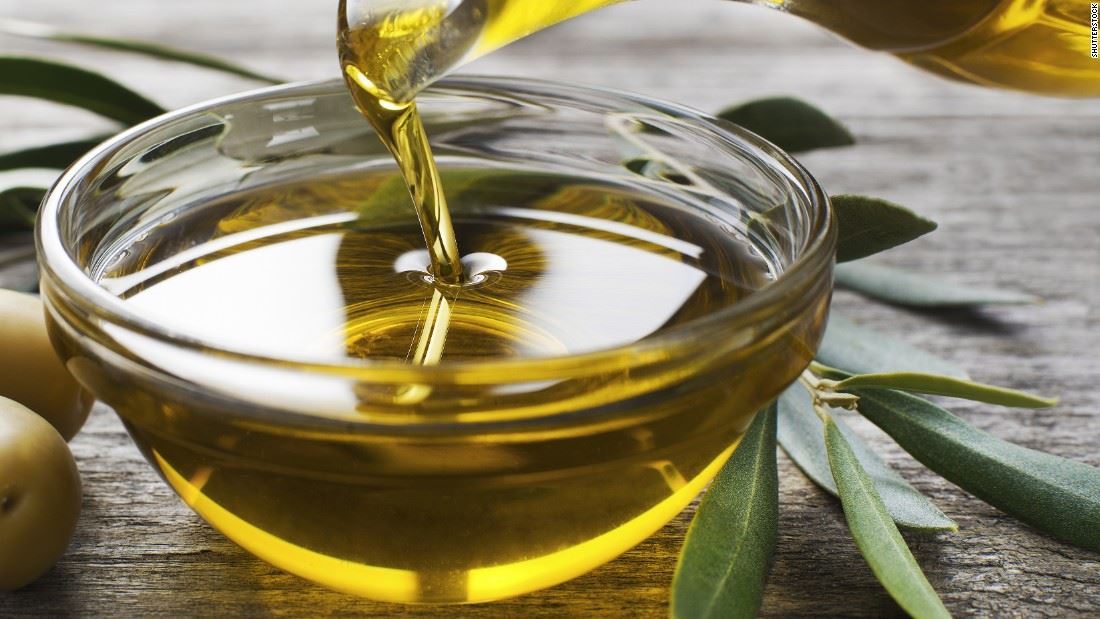Although it is often associated with culinary pursuits, olive oil, which is thick, green in color, and has a strong olive fruit scent, is useful in numerous other applications such as for skin and hair care. It can be used on its own or in dilution with other carrier oils.
BENEFITS: Olive oil has been documented to control the body’s intake of bad cholesterol, which is linked with heart disease. It also activates the secretion of bile and pancreatic hormones, making it useful in ulcer prevention. Olive oil is also useful for soothing rheumatic conditions, and for aesthetic uses in soaps and shampoos.
IMPORTANT NOTE: In 2010, the U.S. Department of Agriculture chose to enforce standards based on science for the use of names such as “virgin” or “extra virgin” in olive oil. This will help consumers differentiate the best olive oil, such as those that are cold pressed, from low-quality impostors that have flooded the market in recent years. This adds to the level of naturalness that aromatherapy calls for.
Information Source: The complete guide to creating oils, soaps, creams, and herbal gels for your mind and body : 101 natural Book
Olive oil is considered the best type of oils, but you should always pay attention to the amount you eat, as a teaspoon of it contains about 45 calories.
In order to maintain its quality and important nutritional features, it is preferred after opening the bottle to consume this oil in a period not exceeding 6 months and keep away from any source of heat or sunlight.
